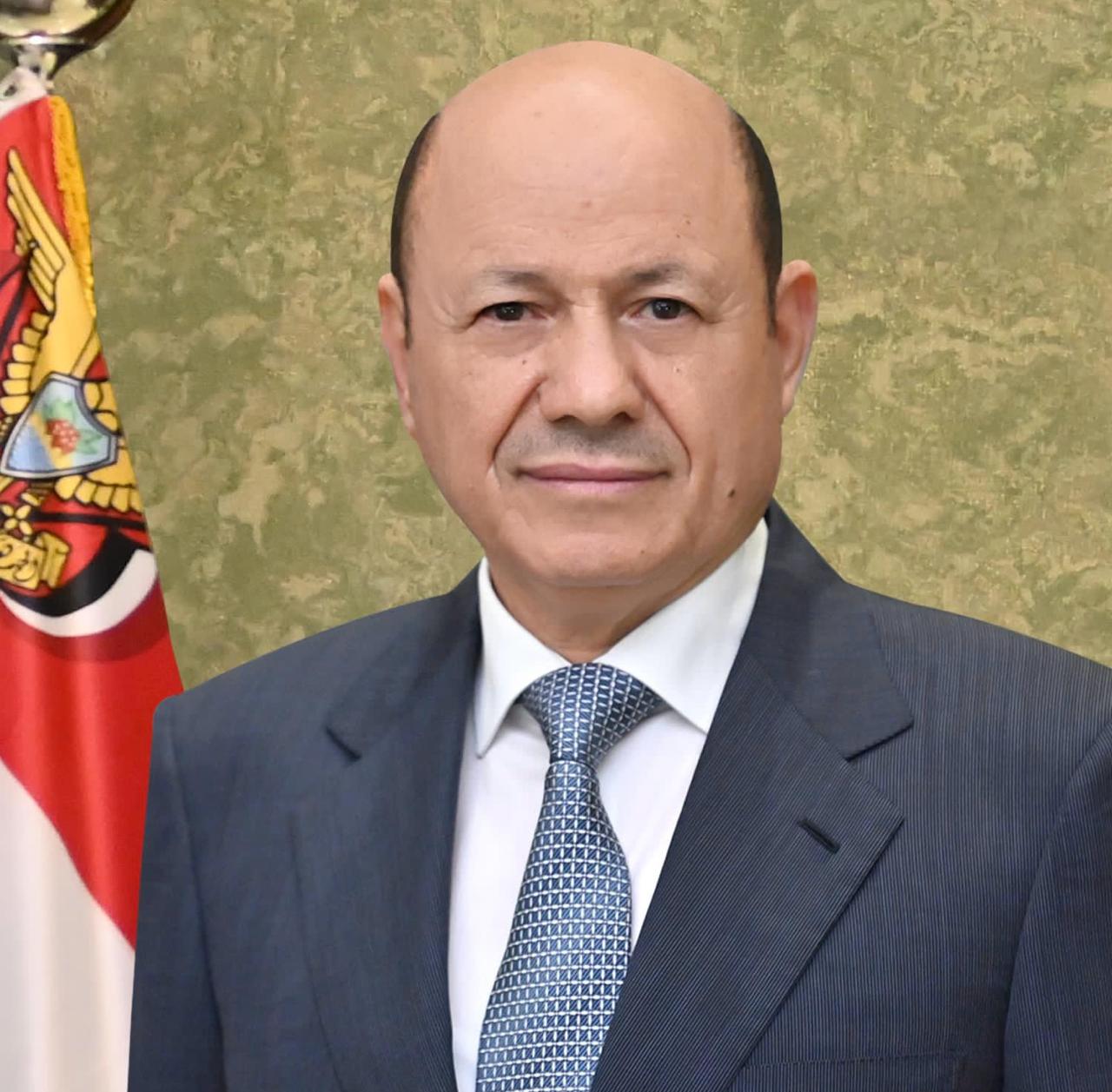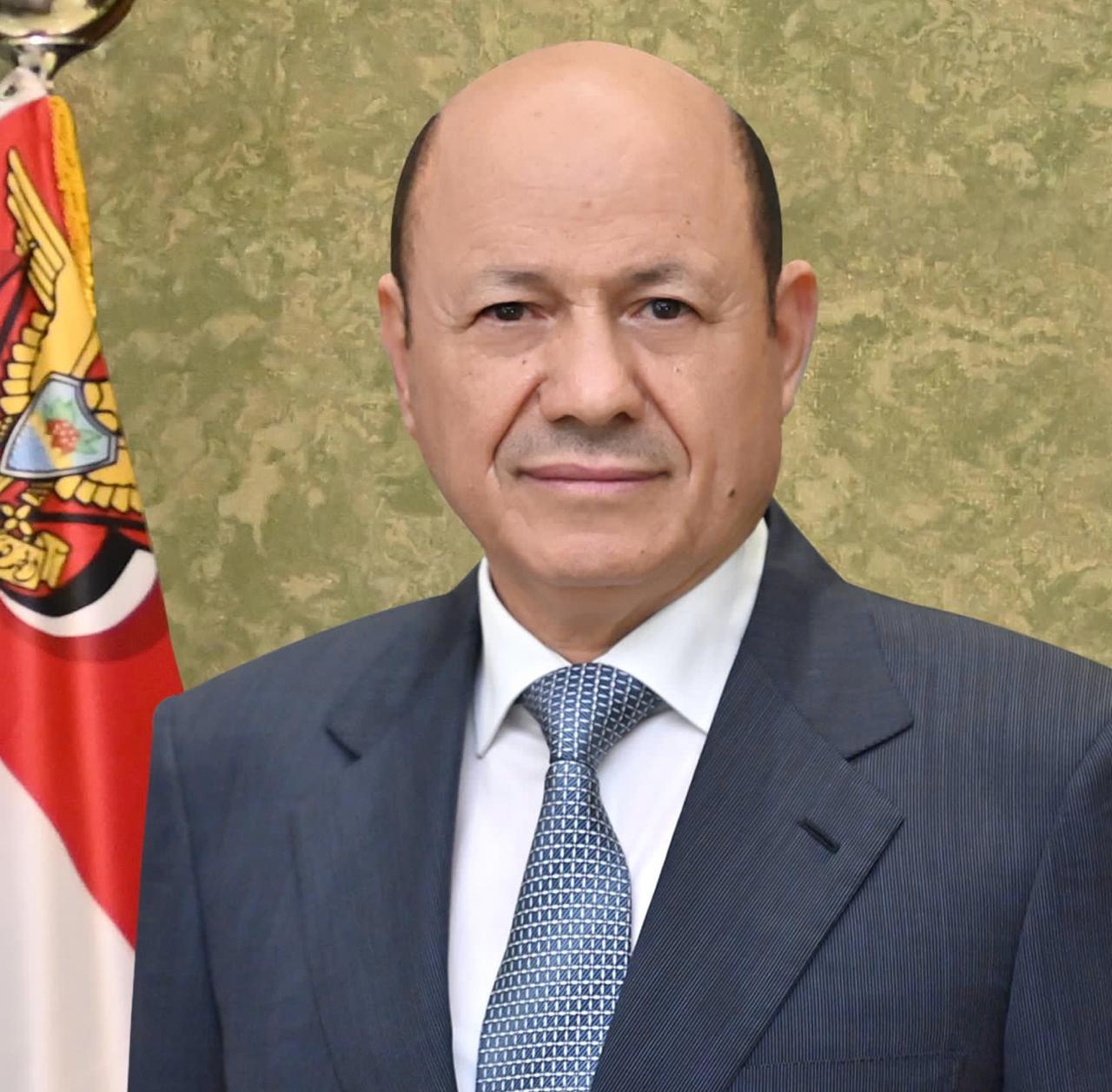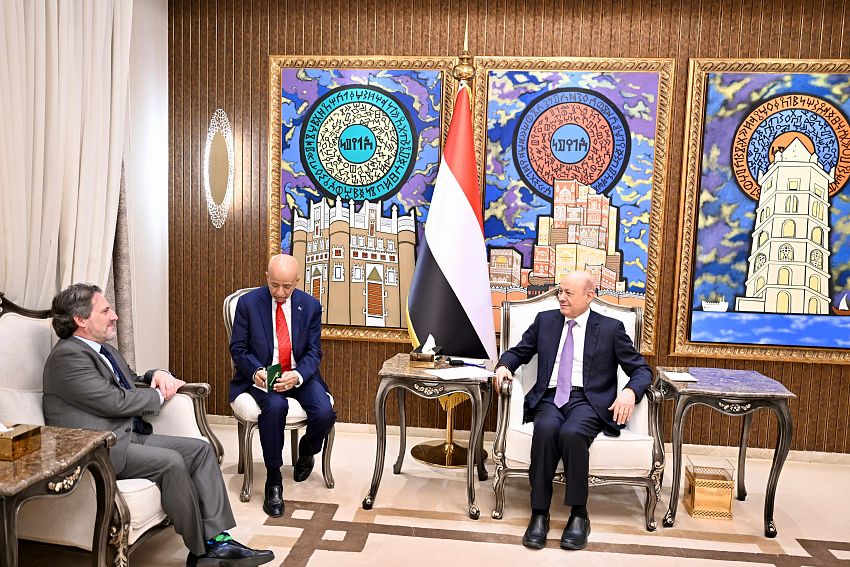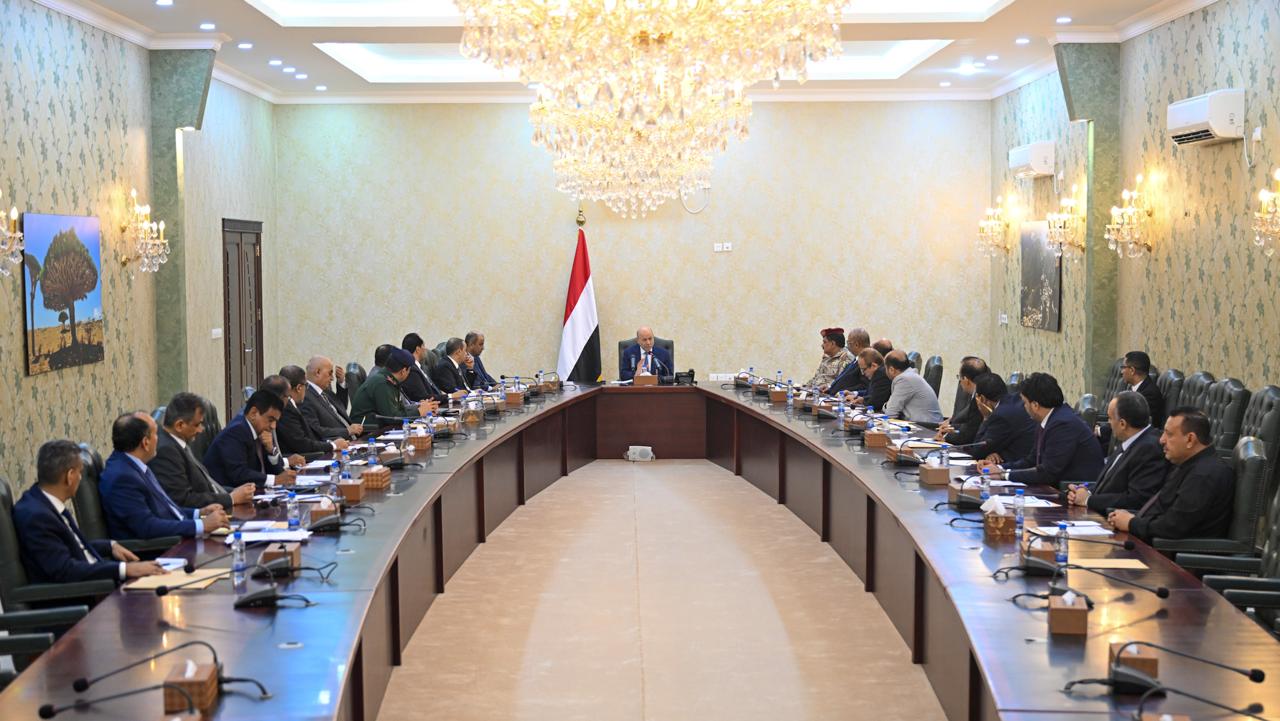
President of Leadership Council Chairs Part of Cabinet Meeting
Aden
His Excellency Dr. Rashad Mohammed Al-Alimi, President of the Presidential Leadership Council, chaired part of a cabinet session today, Tuesday, at Al-Maashiq Palace, in the presence of Prime Minister Salem Saleh bin Buraik.
At the outset of the meeting, His Excellency renewed his congratulations to the Prime Minister on gaining the confidence of the political leadership, wishing him and the members of the government success in their heavy national responsibilities.
Addressing the Prime Minister and cabinet members, the President said:
“This is a moment of honest assessment —with yourselves, your responsibilities, and the legitimate aspirations of our patient people, who deserve from you a government of action, working with a spirit of responsibility, determination, and selflessness for the sake of the country and its citizens.”
The President stressed that the government faces a major national mission centered around institutional establishment, economic and service recovery, completing the battle for liberation, and relying on self-sufficiency as a path to resilience and sustainable cohesion.
His Excellency emphasized the central role of Aden in the process of institutional establishment and economic and service recovery, urging the government to place the interim capital at the forefront of its priorities, given its status as the decision-making hub and the gateway for international partnerships.
The President also reaffirmed the importance of operating from within the country, describing it as a sign of seriousness and credibility, and a foundation for oversight and accountability, understanding citizens’ problems and needs, and building trust with donor communities.
His Excellency praised those ministers consistently present inside the country, saying the true place for a minister is on the ground, alongside the people.
He urged the government to secure, preserve, and grow public revenues and to allocate them toward paying public sector salaries and improving services.
The President stated that economic recovery would only be achieved through a comprehensive recovery plan, including a public budget in line with constitutional procedures, adopting realistic austerity policies to rationalize public spending, growing non-oil revenues, and improving revenue collection across all governorates as a foundation for building a sustainable economy less dependent on foreign aid.
He emphasized the importance of supporting the Central Bank’s independence and enabling it to manage monetary policy and use its tools to curb inflation and strengthen the national currency.
The President directed the government to strengthen its partnership with the private sector, empower it to lead critical development projects, ease the state’s burden in job creation, and help reduce humanitarian suffering.
At the same time, he instructed the government to activate the oversight and anti-corruption systems and swiftly announce the formation of the High Tender Committee to uphold accountability.
He stated that responsibility also requires organizing the relationship between the central government and local authorities, reviewing administrative structures, reducing diplomatic missions, rationalizing foreign scholarships, establishing a Supreme Relief Authority to coordinate humanitarian efforts, facilitate agency operations, and hold accountable those who obstruct aid delivery.
The President affirmed that the battle for liberation and the restoration of state institutions—whether by peace or war—remains a top priority with no retreat or reversal.
“This is a battle between the state and non-state actors, between order and chaos, between the republic and the imamate,” he declared.
He added, “The peace we seek is based on nationally, regionally, and internationally agreed-upon references, foremost among them UN Security Council Resolution 2216, as the optimal roadmap for disarming militias and achieving lasting peace.”
The President emphasized that national unity and cohesion among all forces and components are key to success, and that the government must work as a unified team.
He saluted the heroes of the armed forces, security services, and all military formations stationed in various fronts defending the republican system and the Yemeni people’s aspirations for a state of law and equal citizenship.
“We are responsible for caring for the members of the armed forces and security services and improving their conditions so they can be more capable and ready,” he said.
The President reiterated the Presidential Leadership Council and government’s support for the judiciary, as it symbolizes the presence and authority of the state and strengthens public satisfaction.
He called for the swift establishment of a body to care for the wounded and families of martyrs, in honor of those who gave their blood so we may live in freedom and dignity. He also emphasized empowering women and ensuring their fairness in all areas.
The President stressed the need for a unified, strong, and impactful media discourse that combines awareness and mobilization, exposes the militia project and its foreign connections, and boosts confidence in the republican project and a just state.
He also underscored the role of Yemeni diplomacy and legal affairs in this battle through mobilizing international support, reinforcing the terrorist designation of the militias, exposing their violations, unifying the Yemeni narrative, and maintaining international consensus around Yemen and its legitimate government.
The President reviewed the unprecedented challenges the country has faced since the Houthi militia’s targeting of oil facilities in October 2022, which deprived the state and its people of approximately $2 billion in sovereign revenues.
“Despite this, our resilience was unique in thwarting the militia’s plan to plunge the country into a total humanitarian crisis,” he said.
He credited this resilience to the support of brothers in the Kingdom of Saudi Arabia, including budget financing, and their interventions with the United Arab Emirates in service and humanitarian projects.
The President urged the government to present Yemen as a trustworthy partner, a source of stability, and a self-reliant nation. He emphasized the importance of “thinking outside the box” and building a successful model in liberated governorates to achieve self-sufficiency.
“Let this be the government of self-reliance… and of decisive victory with God’s help,” he concluded.
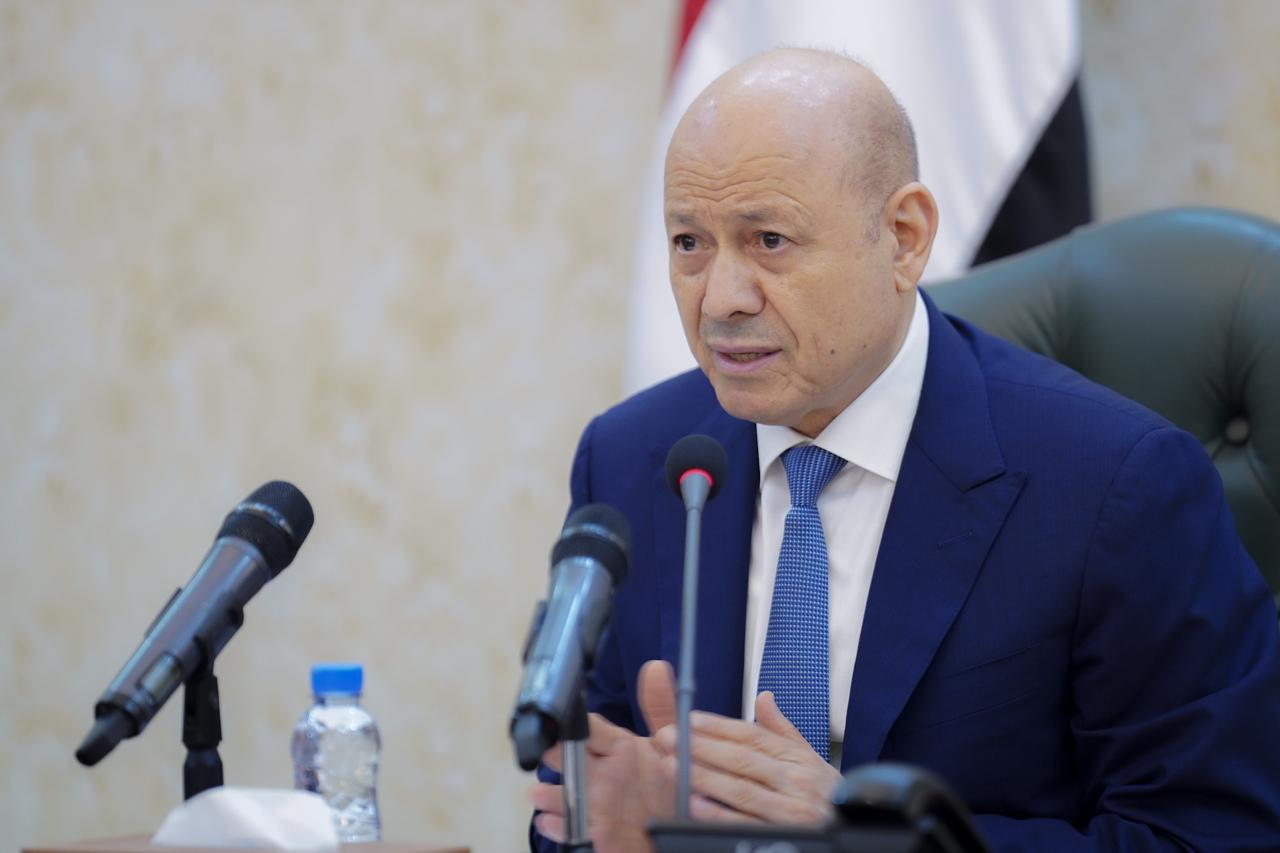
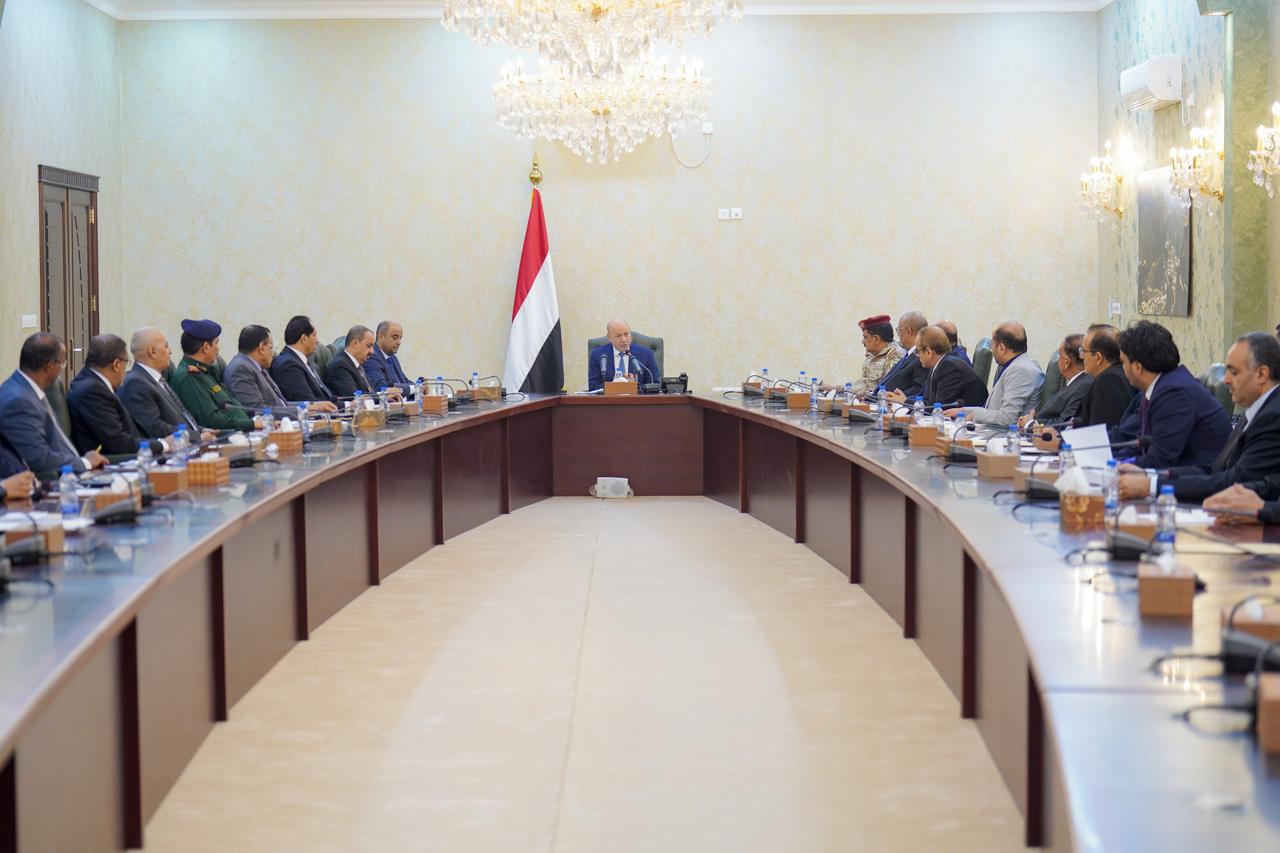
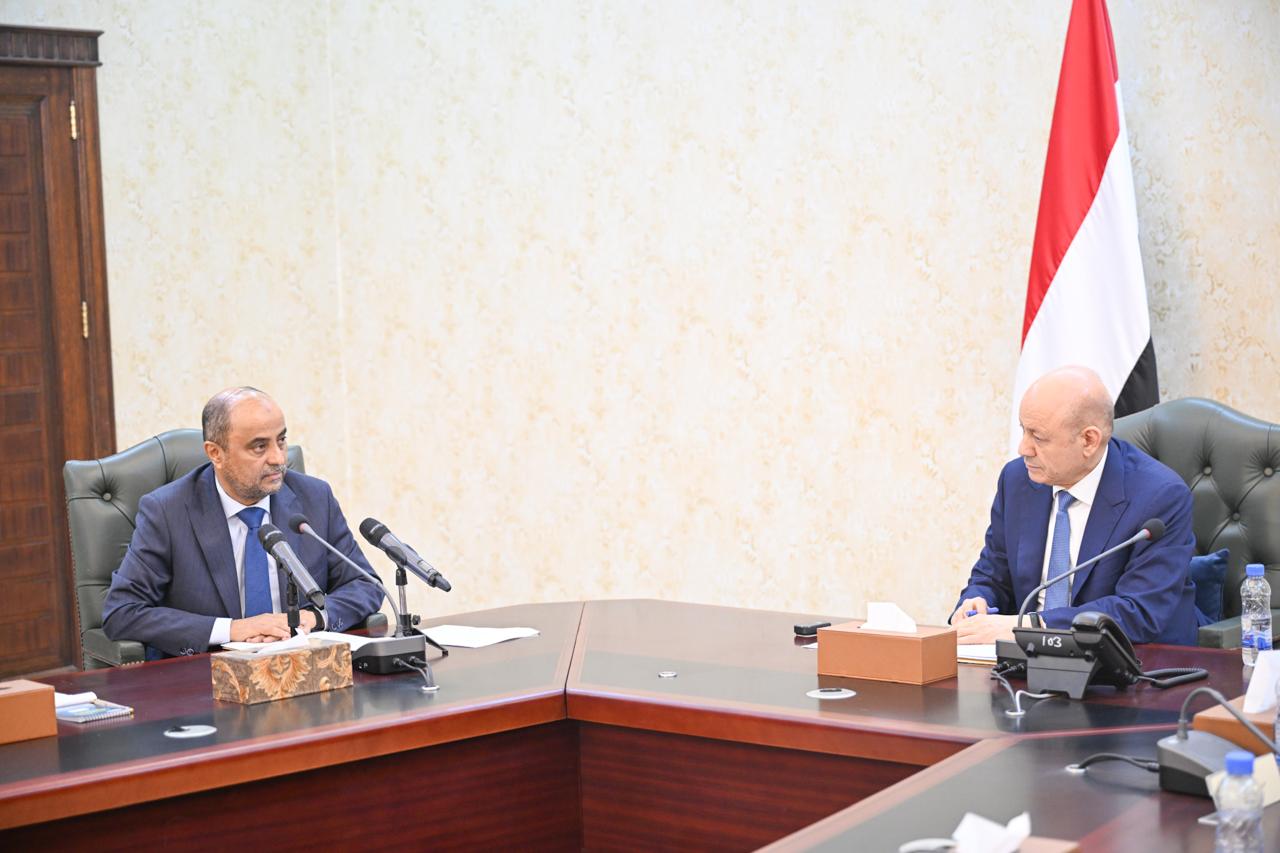
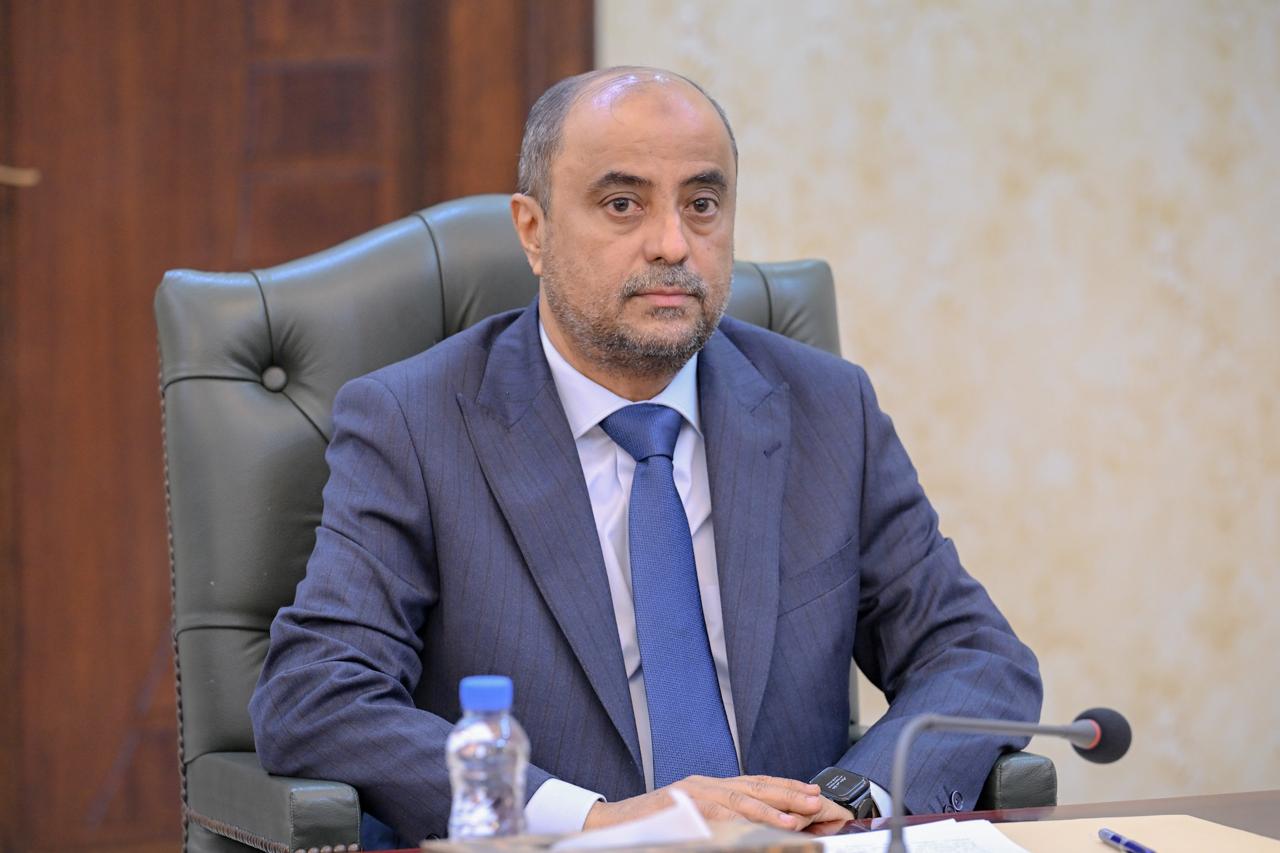
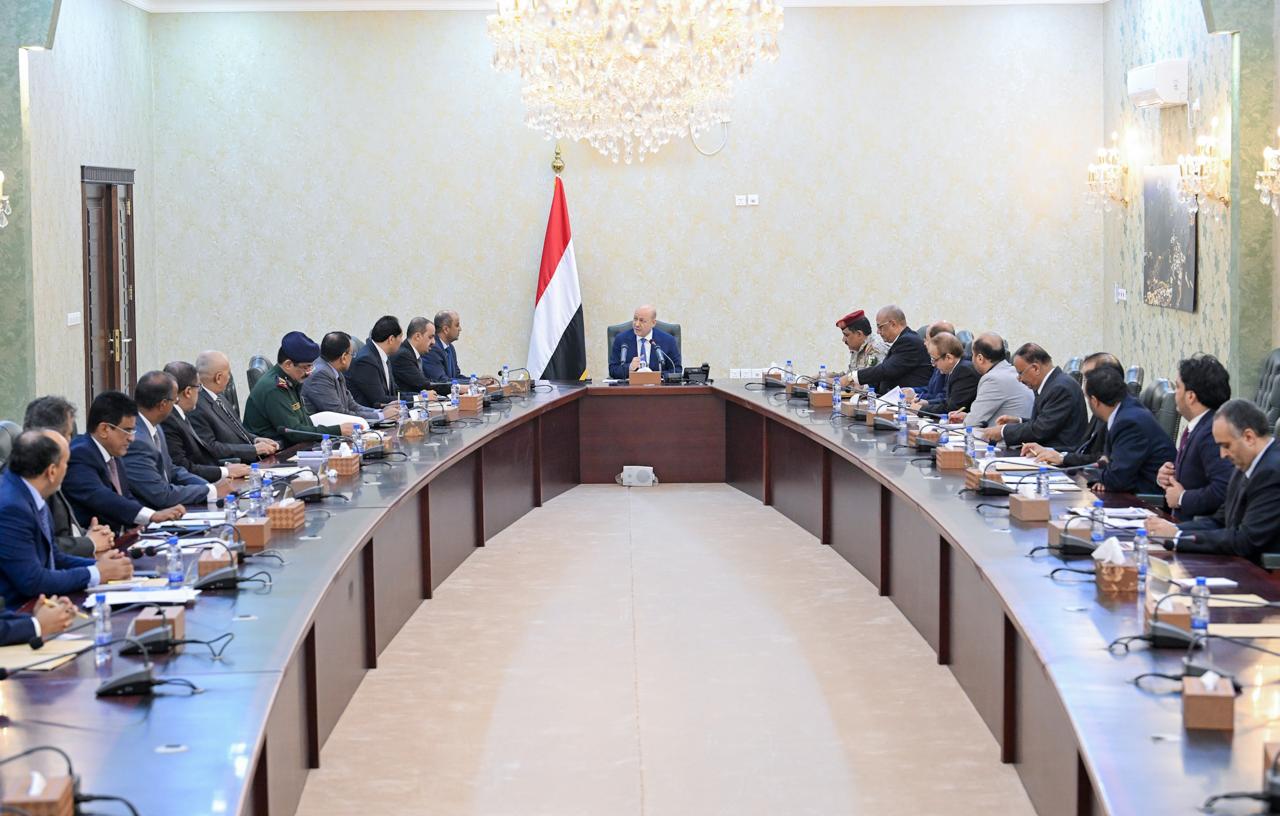
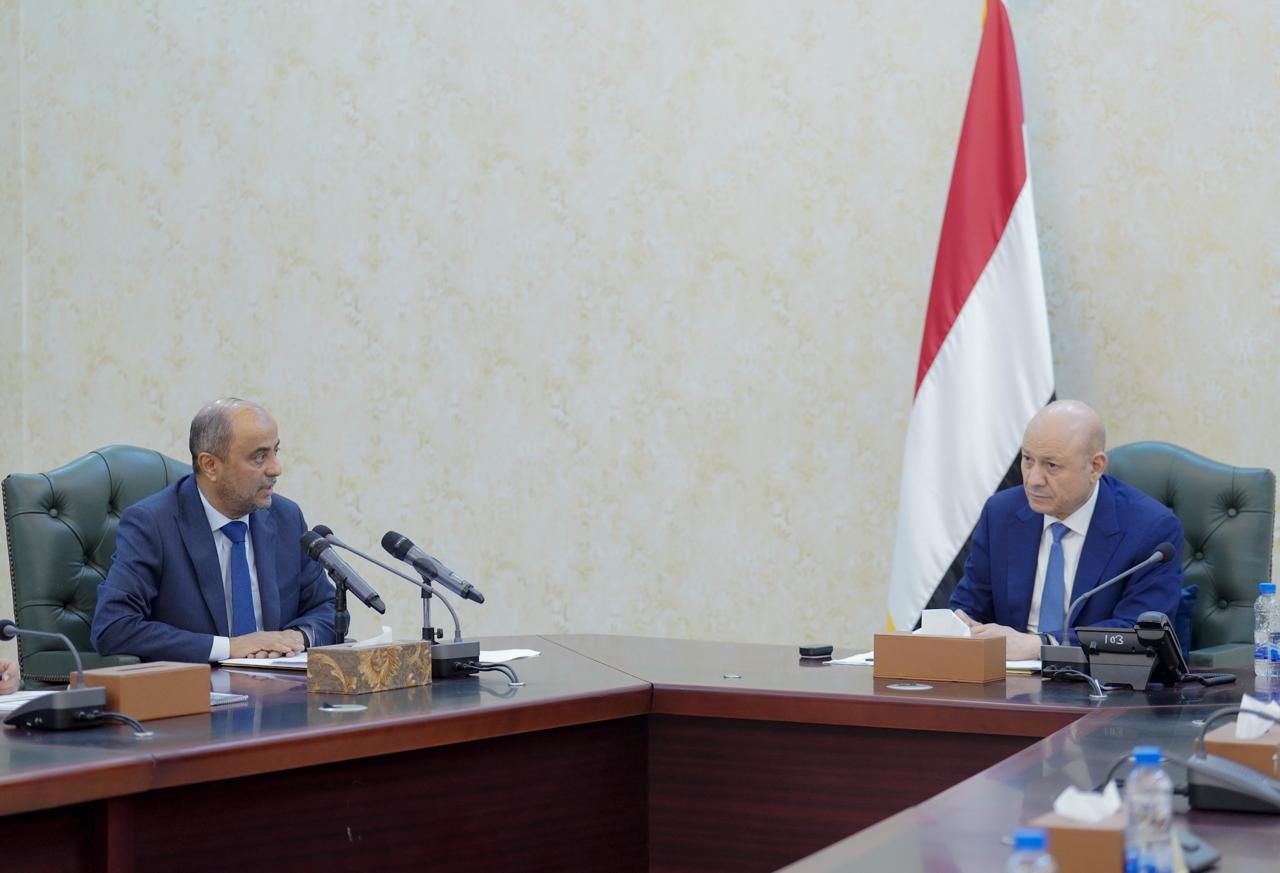
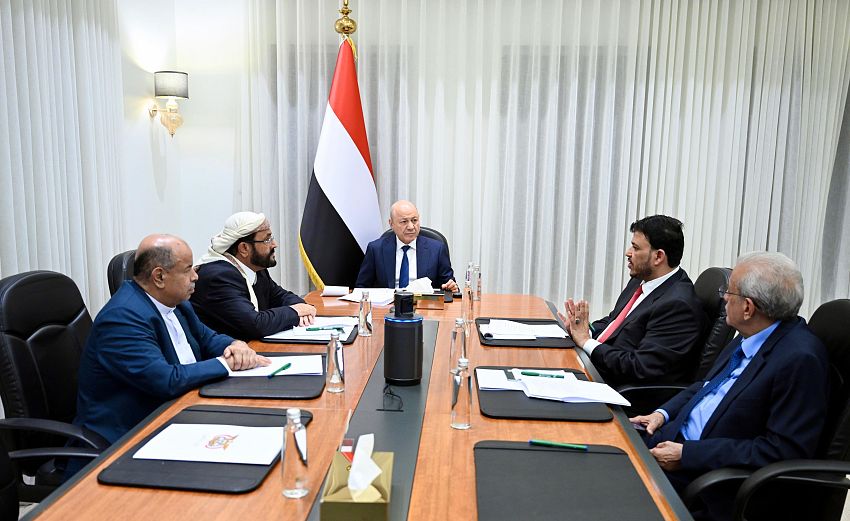
Presidential Leadership Council Discusses Regional Escalation, Adopts Measures to Deter Threats
The Presidential Leadership Council (PLC) convened on Saturday evening under the chairmanship of President Dr. Rashad Mohammed Al-Alimi, President of the Council
